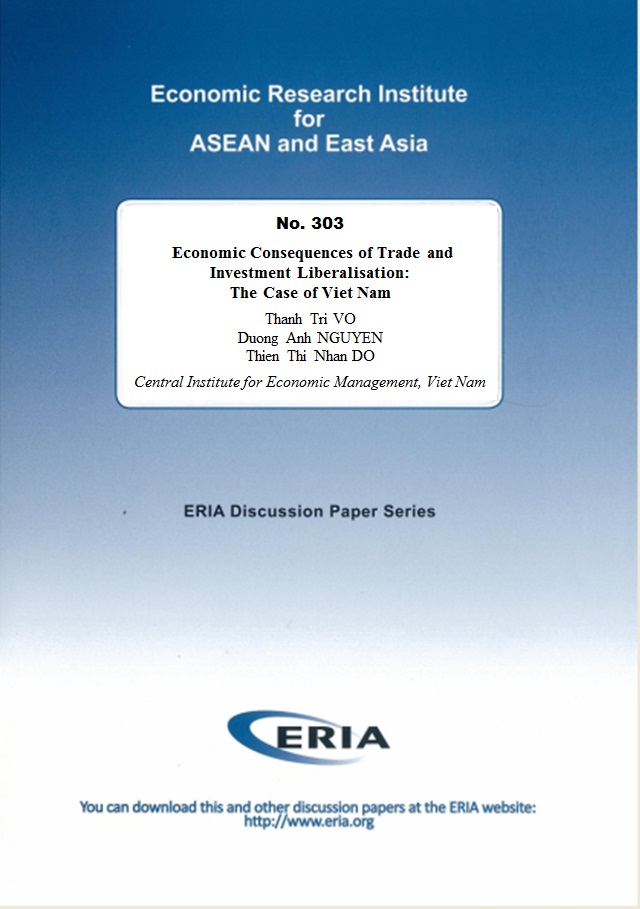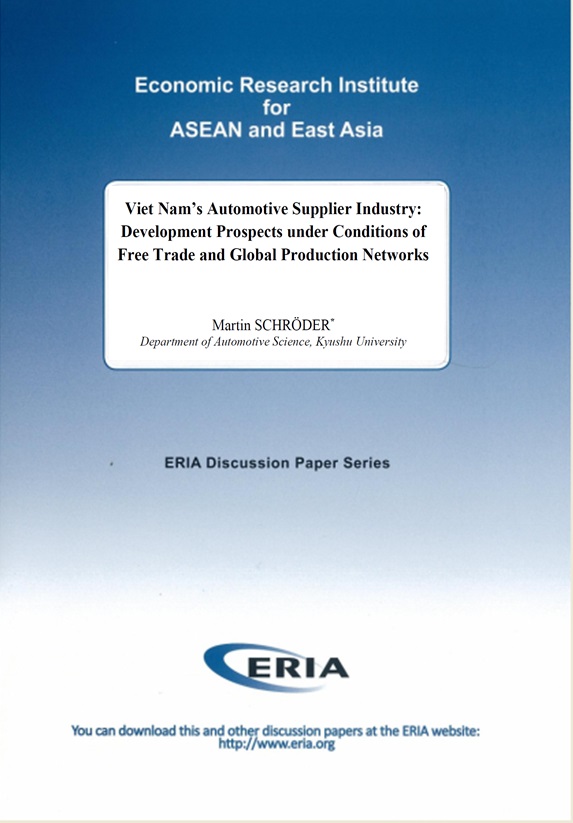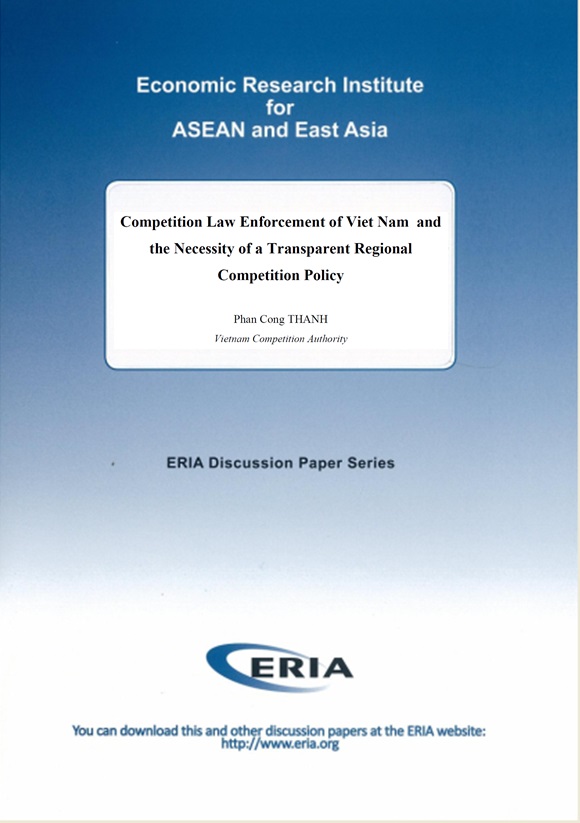Economic Consequences of Trade and Investment Liberalisation: The Case of Viet Nam

Print Article:
Since Doi Moi (Renovation) in 1986, economic integration has been an important pillar of Viet Nam’s reforms. Economic integration has gradually deepened, and even World Trade Organization accession in 2007 marked no end to Viet Nam’s economic integration process. Impact assessments of trade and investment liberalisation indicate that deepened economic integration has broadened economic opportunities, raising GDP growth, trade and foreign investment, and incomes. However, liberalisation requires Viet Nam to rethink and reinvigorate its approach to economic integration. This paper recommends ways to more effectively pursue economic integration in the new context.
Economic Consequences of Trade and Investment Liberalisation: The Case of Viet Nam
Related Discussion Papers
The Economic Consequences of Globalisation in the United States
Economic Consequences of Globalisation: Case Study of Thailand
Globalisation and Economic Development: Malaysia's Experience
Processing Trade, Trade Liberalisation, and Opening Up China's Miracle of International Trade
Economic Consequences of Globalisation: The Australian Framework for Reforms
The Impact of Economic Globalisation on Firm Performance and the Labour Market: Evidence from Japan




